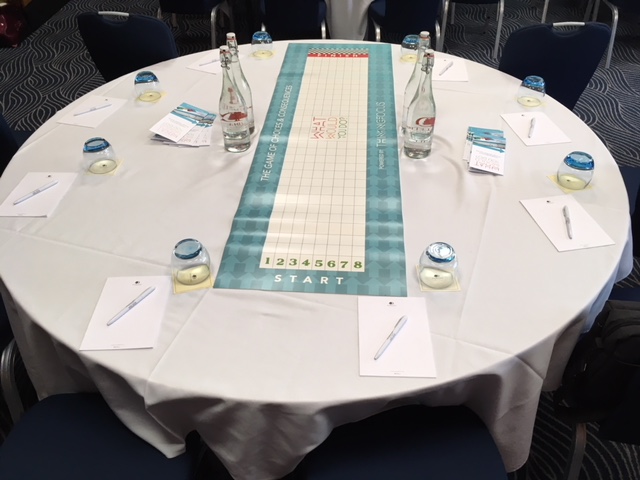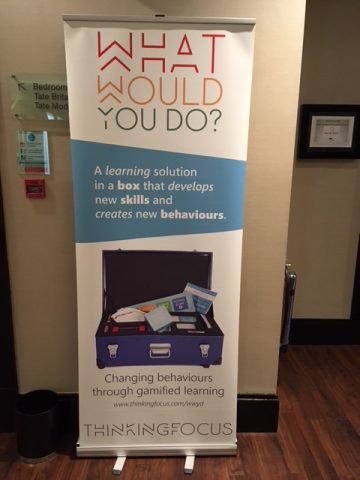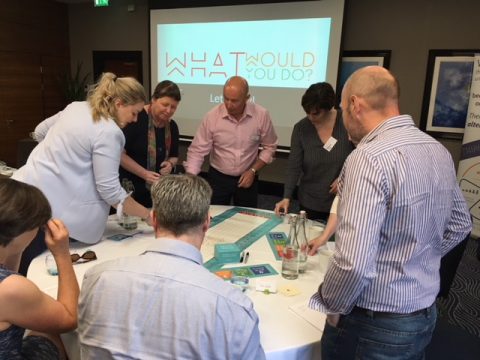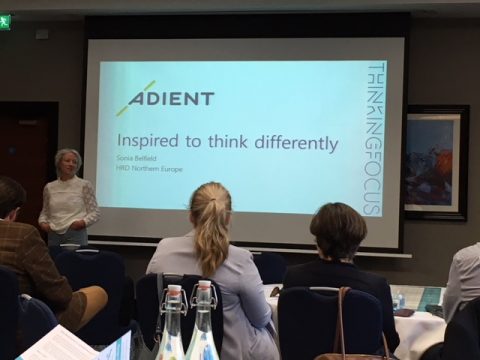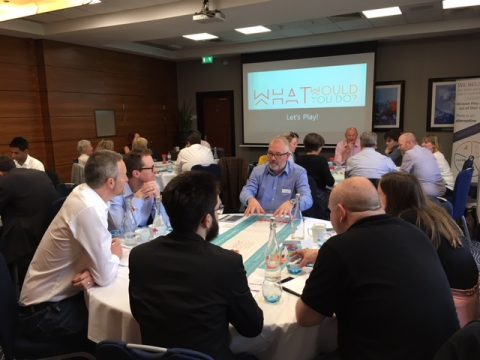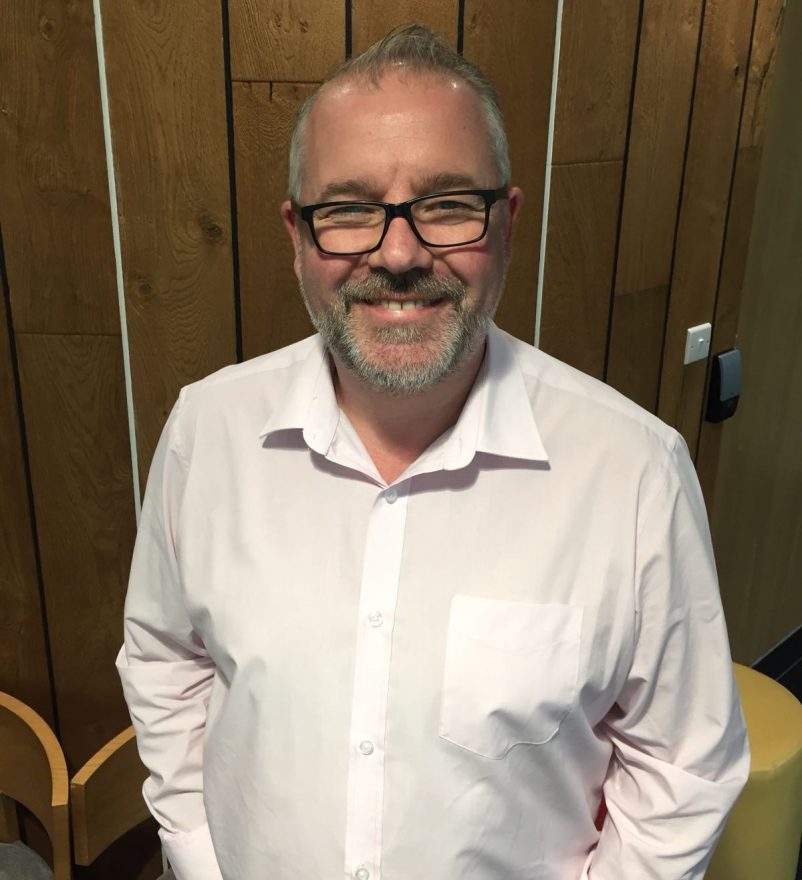As organisations are starting to get people back into the workplace, or at least having these kind of conversations on the agenda, we have been keen to hear what some of our clients have been saying about this. At a recent round table discussion online, it’s clear that people are feeling a wide range of emotions about returning to their place of work. It is also clear that there are things that leaders can do to help ease the transition, and the concerns.
It is probably worth starting with a cautionary note about the language we use when talking about this topic. As our client ‘S’ pointed out when the question of ‘going back to work’ was raised “It’s something that we’ve been pulled up on because people get slightly agitated with it. When we say people are ‘going back to work’, people have been working and believe me, people get really, really annoyed with you when you say that they’ve got to go back to work.” So, a simple reminder when talking about this is to refer to ‘back to the office’ – this might help you start off on the right footing!
We recognise that what is about to happen for many people is a second, significant change in the way they work. In March, and almost overnight, there was a move for people to work from home, which presented a great number of challenges. What we’re seeing now is a reversal of that change to start to bring people back in to their ‘old’ working environment, although this time on a staggered basis for many organisations. As we start to ask people to break their ‘new routines’ and start to think about re-engaging with some older ways of working – creating ‘the new normal’ we keep hearing about – it’s worth noting that some people will be nervous about this, seeing this as ‘scary’, and in some instances even asking whether it is ‘dangerous’, but we’ll look more at this a little later!
So, what kind of things might be going through people’s minds as they consider the return to the workplace? What we’re hearing is that there will be wide range of thoughts, which probably comes as no great surprise. As leaders though, what approach should we take?
Many organisations have recognised that people will be curious about returning to the workplace: how different will it look, what will be the same and what will be different? The messaging to get everyone to switch to working from home back in March may have unintentionally created feelings that offices (as well as many other public spaces) are not safe. That feeling is going to linger for a while. People may be going back to an office that they have visited many times, but it is not really the same place anymore, with social distancing creating new rules and expectations on how we act within the space. This all creates a feeling of a familiar place being unfamiliar and people feeling unsure of how it will work or even if it is a safe space anymore. This is the challenge that, as leaders, we need to overcome.
And there are a number of ways our clients have already been dealing with this. ‘J’s organisation has been using technology to help them “We’ve consciously kept a communication line open to all of our teams to let them know exactly what’s going on every single step of the way. And we’ve done that by making videos to send to them – we’ve brought in some animation software so we can create some short snappy animations that talk through what’s happening, what’s changing. When it comes to moving back into the office, we’ve had a company do a virtual 4D scan of the entire building. This shows all the sanitizer stations and the one way signs, and they can walk around the office virtually through all of the areas and all the floors so they know what’s where and how it’s going to look when they come in. So they understand where their desk is, the way they have to go, where all their resources are. If you look at one of the kitchenettes, it will come up with a sign to say “only one person allowed in at a time”. So we’ve made them try and feel comfortable with the fact that we’ve done everything we possibly can, plus more. And that’s gone down really well in easing some of the anxiety that people have got.” 4D scans could be a great approach, but to counter this one client also mentioned that their approach was more basic, having stickers on desks that simply highlighted which ones could be sat at and which ones couldn’t – and this was proving to be equally useful.
Another common feature of returning to the workplace is staggering how to bring people back. Again ‘J’ commented “We’re going to be slowly bringing back teams, those are at the least risk will come back first. We’ll make sure they’re comfortable in the office and they’re up and running before we bring the next back and so on. We’ve already made that announcement to them, but also said that we’ve got no date in mind. This is what we’re doing to make it as comfortable for everybody, which seems to have gone down well.”
This may be working so well for companies that, right now, not everyone wants to come back to the workplace. As ‘H’ put it “We’ve probably got about 20% who can’t wait to get back, who were missing the social aspects. We probably then have another 20% who perhaps have health concerns or relatives who have health concerns and are very nervous about going back. And then probably a whole group in the middle where it’s quite a mixed bag.”
Similarly ‘S’ mentioned “We’ve done a ‘back to the office/ site’ guide, which explains everything we’ve done, about our one way system, about using the canteen and about having respect for others. We have a little bit at the beginning of the guide that says people are dealing with this differently, so consider having that mindfulness and appreciation for how people are. And when people are coming back, we’re getting their managers to give them an induction for coming back to the office so that they don’t just slip into their normal pace.”
So, it seems that having some type of re-onboarding process will be helpful in allowing people to process their emotions and feelings and start to think about getting back into some sort of routine.
As leaders, this is really important, as it bridges the rational elements of ‘let’s make arrangements, put a plan in place, communicate’ with the emotional elements of ‘feeling unsure, being insecure, feeling tentative and wanting re-assurance’.
This is why the ‘scary and/or dangerous’ concept was mentioned earlier.
Scary/Dangerous is based on two scales and allows us to use one of our favourite ‘explainer’ tools – the four-box grid!
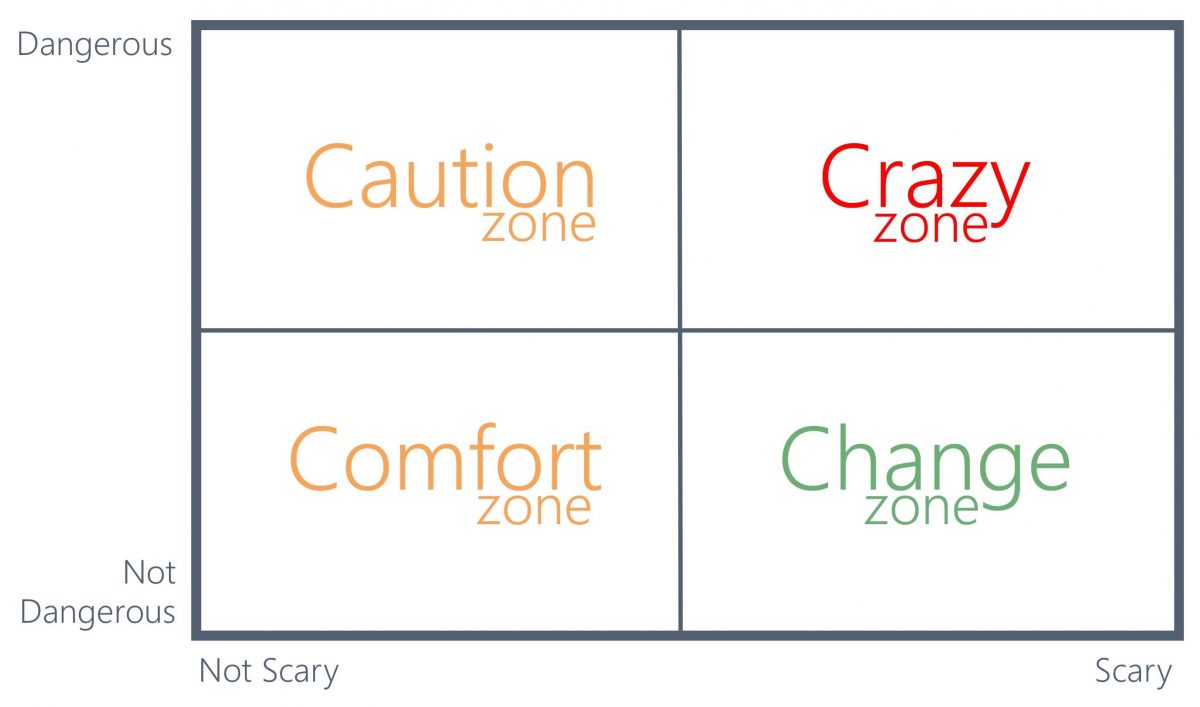
We feel that our reactions to situations that we feel are dangerous are hardwired into us and are a protective measure – if we do something that is dangerous it could, ultimately, cost us everything. However, dangerous is rational calculation, one that we often get wrong, as there are so many cognitive biases that get in the way. On top of that you have the hardwired reaction, whether we see something as scary or not, which is an emotional response. Our emotional responses happen almost instantly, and rarely use the facts of the situation. When you start to consider these two side by side, we have four scenarios.
Let’s take something that we know is dangerous – for instance standing on a cliff edge, leaning over. We probably know that this is dangerous (admittedly with degrees of risk) but, sitting where you are right now reading this, does this feel scary to you? For most of us, it won’t. However, if we were there, at the cliff edge for most of us it definitely would be scary. Where things are dangerous and scary too, you would really have to ask yourself why would you do that? These things we place in the ‘Crazy Zone’!
Where something is dangerous, but we don’t perceive it as scary – and there may be some people reading this who are happy standing on the cliff edge – you still wouldn’t do this in a blasé way, would you, you’d still be careful. These things go in the ‘Caution Zone’. If you’re going to do them, take care!
Sat at home, reading this, being asked to think about being in a cliff edge is clearly not dangerous (you’re not really there) and for most isn’t scary, so you’re really comfortable with this analogy – hence these things go in your ‘Comfort Zone’.
The final box is where we know it isn’t dangerous, but we still have an emotional reaction telling us it is scary – here we are nervous but can be helped to move forward – this is the Change Zone, and our role as leaders in the current situation, and in helping people return to their place of work, is to help our people ‘come back’.
Linking this to COVID19 and how people may well be feeling is worth drawing out.
Why are things dangerous right now? We have a situation that has (as I write this) taken the lives of around 46,000 people in the UK, and over 667,000 worldwide. This clearly falls into the dangerous category. Yet, there are clear steps that we can take to reduce the risks and make things safer, even if we cannot get to zero risk. We do lots of things with some level of risk, from sports to driving; the difference is that we have normalised those risks and are not constantly reminded of them as we are with COVID19.
Why are people feeling scared right now? There’s the obvious link to the dangers presented by COVID19, but also most people have been secure in their own bubbles, most have stayed safe and kept themselves and their loved ones safe. The talk about leaving bubbles and returning to the workplace is a clear change from this. There are now a range of factors people can’t control – will work colleagues have exercised the same amount of care and followed the rules, or will they have been cavalier in their attitudes? What about getting to work, will they need to be on public transport with a number of strangers? The list could go on.
It is this feeling of scary that is holding people back, and the practical plans that make things safer may have very little impact on the emotional responses of a lot of people. Think about the 20-60-20 split mentioned by ‘H’, 20% don’t perceive this as scary, 20% think this is very scary, but 60% are not sure and are looking for leaders who can help them work this out. Our aim as leaders, therefore, is to help our people to see that we have done everything we can to remove as many of the dangers as possible, and it seems our clients, amongst many others, have some practical approaches to doing this. We also need to help people with their emotions, recognising that we all view ‘scary’ differently and will need different types of reassurance.





